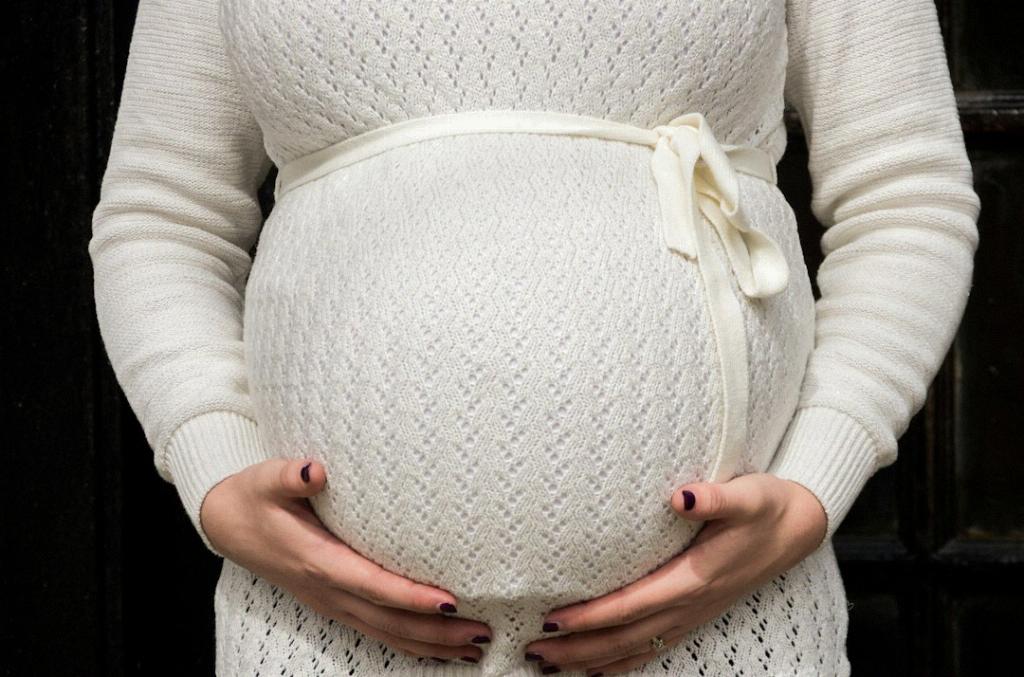During pregnancy, medical tests and evaluations play a crucial role in ensuring the health and well-being of both the mother and the growing fetus. One common test that is often discussed is the Non-Stress Test (NST), which is designed to monitor the baby’s heart rate in response to its movements. However, it is important to note that not all pregnant women automatically receive a non-stress test as part of their prenatal care.
Who May Need a Non-Stress Test?
While it is true that not every pregnant woman will require a non-stress test, there are certain factors that may prompt healthcare providers to recommend this evaluation. One such scenario is when the mother notices a decrease in the baby’s usual movement patterns. It is essential to pay attention to your baby’s movements and report any significant changes to your healthcare provider.
Being Overdue and Non-Stress Tests
Another situation that may lead to the recommendation of a non-stress test is being overdue. In cases where the pregnancy has extended beyond the expected due date, healthcare providers may opt for additional monitoring to ensure the baby’s well-being. This is because being past the due date can sometimes indicate a need for closer observation.
Importance of Non-Stress Test
The non-stress test is a valuable tool in assessing the baby’s well-being by evaluating its heart rate in response to movements. The test is non-invasive and involves attaching sensors to the mother’s abdomen to monitor the baby’s heart rate. By observing how the heart rate changes with movement, healthcare providers can gain insights into the baby’s overall health and oxygen levels.
Frequency of Non-Stress Tests
The frequency of non-stress tests during pregnancy can vary depending on individual circumstances. Some women may only need one non-stress test during their entire pregnancy, while others may require more frequent monitoring, especially if there are concerns about the baby’s well-being. Your healthcare provider will determine the appropriate schedule for non-stress tests based on your specific situation.
Interpreting Non-Stress Test Results
After undergoing a non-stress test, it is essential to understand how the results are interpreted. Healthcare providers will analyze the baby’s heart rate patterns and responsiveness to movement to assess its well-being. A reassuring non-stress test result indicates that the baby is receiving an adequate oxygen supply, while concerning patterns may warrant further evaluation.
Communication with Healthcare Provider
Open communication with your healthcare provider is key when it comes to discussing the need for non-stress tests during pregnancy. If you have any concerns about your baby’s movements or if you have reached your due date, don’t hesitate to raise these issues with your healthcare team. They can provide guidance on whether a non-stress test is necessary in your situation.
Individualized Care
It is important to remember that pregnancy care is highly individualized, and recommendations for non-stress tests may vary from one person to another. Trusting your healthcare provider’s expertise and following their recommendations can help ensure the best possible outcomes for you and your baby. Remember that these tests are designed to monitor and safeguard the health of both you and your little one.
Final Thoughts on Non-Stress Tests
While non-stress tests are not administered to every pregnant woman, they serve as an invaluable tool when indicated. By detecting potential issues early and monitoring the baby’s well-being, non-stress tests contribute to a comprehensive prenatal care plan. If you have any questions or concerns about the need for a non-stress test during your pregnancy, don’t hesitate to discuss them with your healthcare provider.

